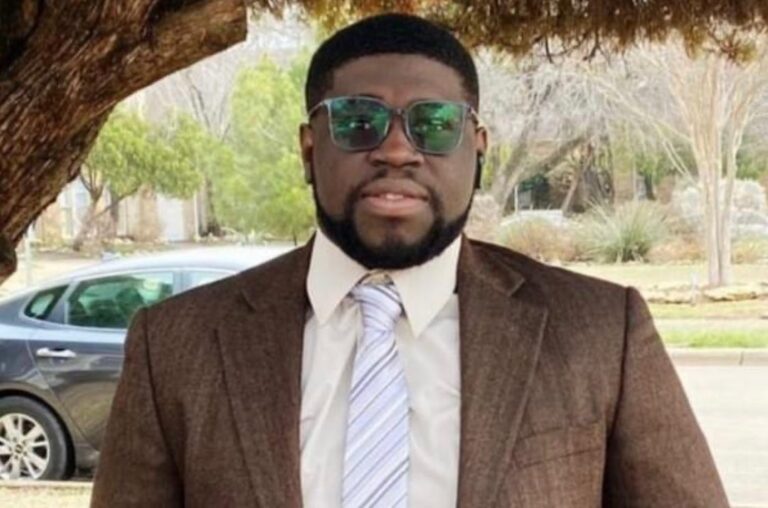Thursday, February 29, 2024
New findings by a team of researchers at The University of North Texas Health Science Center at Fort Worth’s School of Biomedical Sciences are expanding people’s understanding of the potential benefits of hyperbaric oxygen therapy as a treatment for Alzheimer’s disease.
Their study, titled “Hyperbaric Oxygen Alleviates Selective Domains of Cognitive and Motor Deficits in Female 5XFAD Mice,” was published recently in GeroScience, a leading international journal focused on the biology of aging and the pathophysiology of age-related diseases.
 “What we see in our research is that hyperbaric oxygen therapy leads to cognitive
improvements in Alzheimer’s disease mouse models and that these improvements were
more pronounced in females than in males,” said Paapa Mensah-Kane, PhD candidate in
the lab of Dr. Nathalie Sumien and first author of the study.
“What we see in our research is that hyperbaric oxygen therapy leads to cognitive
improvements in Alzheimer’s disease mouse models and that these improvements were
more pronounced in females than in males,” said Paapa Mensah-Kane, PhD candidate in
the lab of Dr. Nathalie Sumien and first author of the study.
“We are very excited about the results.”
Hyperbaric oxygen therapy, which includes breathing pure oxygen in a pressurized environment, has been used for decades to treat health problems like decompression sickness and severe infections. It has also emerged as a potential option for managing the effects of Alzheimer’s.
After applying hyperbaric oxygen therapy to the Alzheimer’s model, the team tested for different cognitive domains like memory and associative learning. They also evaluated the effects on motor deficits and explored how the therapy affected males and females differently.
“The good thing about exploring hyperbaric oxygen therapy is that we don’t have to try to create a new research model, we just have to repurpose it for Alzheimer’s, a disease that has been a menace to mankind,” Mensah-Kane said.
Sumien says these results could open the door for exploring other benefits of hyperbaric oxygen therapy.
“These findings reveal promising insights into a potential therapy not only for Alzheimer’s Disease, but also for other conditions affecting brain function,” said Sumien, who serves as interim chair and professor of pharmacology and neuroscience at HSC.
With 6.2 million American’s living with Alzheimer’s disease, Mensah-Kane says there is a critical need to continue research that explores new treatments for the debilitating neurodegenerative disorder.
“As a PhD student, I have been deeply inspired by the quest for solutions to complex challenges. The inspiration to explore hyperbaric oxygen on Alzheimer’s disease stems from a profound desire to contribute meaningfully to the field of neuroscience,” Mensah-Kane said.
“Witnessing the devastating impact of Alzheimer’s has fueled my commitment to explore innovative approaches. These results are not just about scientific advancement, but a celebration of persistence and collective effort of a dedicated team.”
Mensah-Kane completed the research as part of his PhD in Biomedical Sciences degree in the School of Biomedical Sciences at HSC. He plans to continue and expand his research on hyperbaric oxygen therapy for Alzheimer’s disease.
The research team also includes Dr. Delaney Davis, Helen Shi, Oahn Trinh, Philip Vann and Dr. Ladislav Dory.
Read the study: Hyperbaric Oxygen Alleviates Selective Domains of Cognitive and Motor Deficits in Female 5XFAD Mice
From HSC Newsroom - Research by Matt Havlik